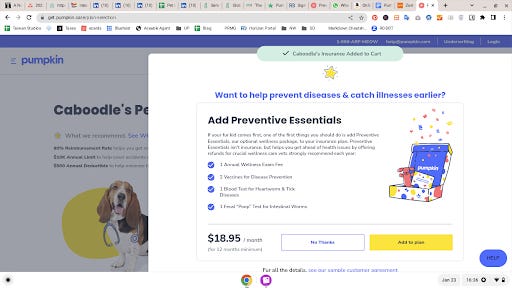
Employers looking to gain control over their benefits programs are choosing self funded insurance plans more and more. They are an excellent alternative to traditional fully insured health plans and offer many advantages, including lower administrative costs, greater flexibility in plan design and greater financial accountability.
What Is A Self Insured Medical Plan?
A self insured health plan is an arrangement in which the employer pays claims for healthcare services using a combination of its own funds and enrollee contributions. The funds are then deposited in an account that will pay claims. A knowledgeable broker or a third-party administration (TPA), who is familiar with the process, will manage it and ensure that its plan is tailored to the needs of employees and the budget of the business.
What Is a Self Funded Insurance Plan?
A self-funded plan is an insurance program for medical, vision and dental care that pays for the services using money from the employer. This is an ideal option for smaller business owners, who can manage their expenses. It can also be used by employees to cover their dependents, who do not qualify for other types of insurance such as Medicare.

What is an Self-Funded Plan?
A health insurance plan that combines an employee-sponsored self-insured component with a group health insurance contract with an external carrier. A TPA is often contracted by the employer to handle administration of the self insured components.
Administrative costs for employers are comparable with those of a fully insure plan. The only difference in billing is that claims for self-funded plans are not billed annually, but rather month to month. These monthly costs consist of administrative fees and stop-loss insurance premiums as well as the variable cost for healthcare, otherwise known by the term claims expense.
Shock claims are a real risk in self-funding
As the name suggests, shock claims are catastrophic claims that are large enough to derail a self-funded plan. These large claims can easily exceed half a million dollars for a single individual's healthcare treatment over the course of several years. These claims can have a significant impact on the financial health of the company, as well. They can drain its reserves and lead to negative cash flows.
Understanding Self-Funded Health Insurance
Self-funded medical plans may offer many benefits but they aren't for everyone. The risk of high-cost claims is a concern for all employers, and it is important to consider the pros and cons before selecting a plan.

With a self funded health plan, employers can select the most cost-effective benefit package to offer their workforce. They also have the ability to improve employee wellness and reduce costs. The employer can also be more involved with population management strategies such as weight loss or smoking cessation programs. This is a good option for smaller and mid-sized business that wants to control the health costs of their employees while encouraging healthy behaviours and increasing quality care for their workers.